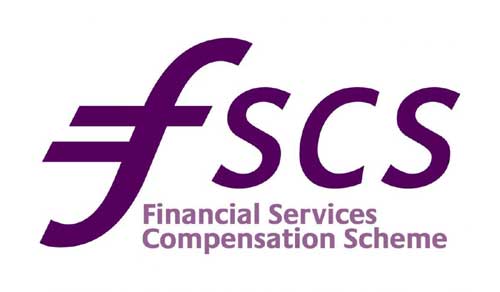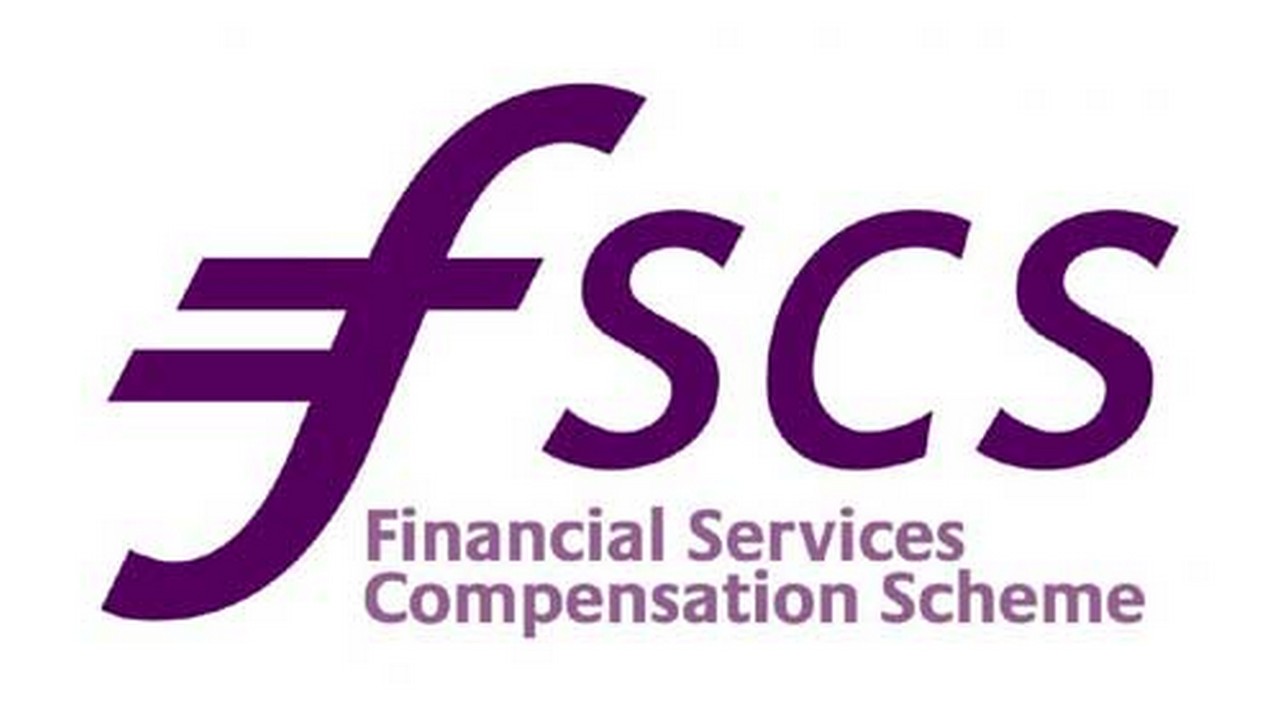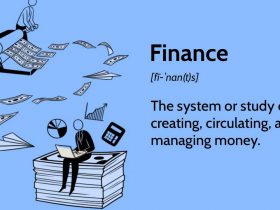Since 2008 (the height of the “credit crunch”), news of companies failing seems to have been a fairly constant feature in the headlines. Often those who lose out the most are the every day people who have put their trust into a financial business in order to increase savings or put money aside for retirement. That¡¯s why something like the Financial Services Compensation Scheme seems like such a fantastic safety net for consumers. However, this is a scheme that has its limits. If you¡¯re hoping to rely on protection like this when you¡¯re investing or saving your money, it¡¯s important to make sure that the products and companies you¡¯re using are covered.
What is the Financial Services Compensation Scheme?
We have?EU legislation?to thank for the provision of the FSCS deposit guarantee scheme. All EU countries are required to set up at least one protection scheme. These days the amount protected is 100,000 (currently ¡ê85,000). The FSCS was set up to protect savings held in a UK registered bank, building society or credit union. For joint accounts the limit increases to ¡ê170,000. The scheme also covers a range of other financial products, including insurance policies and investments. If you¡¯re claiming compensation with respect to an investment broker or management firm that has failed the maximum compensation limit is ¡ê50,000.
One of the major advantages of the FSCS is that the pay out to consumers is automatic so there is often no need to make a claim. Because all deposit takers ¨C such as a bank ¨C are required to maintain Single Customer View files, compensation can be automatically processed and paid out within seven days.
Who is the FSCS designed to protect?
It was set up to provide essential cover for consumers but also extends to small businesses. In order for an enterprise to come within the remit of the compensation scheme, business turnover must be low.
When can¡¯t the FSCS protect you?
There are situations when the FSCS does not apply:
- When you¡¯re dealing with a foreign or unregistered bank or finance provider. The compensation scheme is only applicable where the firm involved is UK registered and regulated by the Financial Conduct Authority. It¡¯s important to check whether the business you¡¯re dealing with is covered by the regulator ¨C you can verify this via the Financial Services Register. If the firm is not on the register, FSCS protection won¡¯t apply.
- If you¡¯ve invested in a peer-to-peer platform. The FSCS does not extend to providing compensation for any investments you¡¯ve made via peer-to-peer lending. That¡¯s why it¡¯s key to make sure you choose a peer-to-peer lending platform carefully ¨C if it goes under then you will lose all your money with no safety net.
- If the firm is still trading. The scheme will only kick in at the point that the firm in question has either gone into default or stopped trading.
- Certain types of products. For example, pre-paid currency cards and savings schemes are not covered by the FSCS and nor is money held by PayPal.
- Structured savings deposits. Some products that fall into this category do come with FSCS protection, including deposit-style accounts. However, if the product is an ¡®investment-style¡¯ structured product that relies on stock market performance it¡¯s unlikely that this will be covered.
- If your money is held with multiple institutions within the same group. Today many banks and building societies have merged and are part of the same group. FSCS compensation is available per one financial banking group or credit union and not for each separate bank and building society. So if you have ¡ê85,000 saved with two different institutions within the same group you will only be eligible to be compensated for one of the losses.
- When you buy shares in a company that goes bust. The FSCS does provide compensation if there is a loss arising from bad advice or if an investment provider fails. However, there is no protection purely for buying shares in a business and that business subsequently goes under, as that is the risk with investing.
- Any cash that is held in an offshore jurisdiction. If your money is saved in a location such as Jersey or Guernsey, for example, the FSCS won¡¯t provide any protection.
An example of how the FSCS helps
Beaufort Securities was a broker dealer that failed in March 2018. Working with the company administrators, the FSCS arranged the transfer of money and assets belonging to more than 12,000 customers to another nominated broker so that investments could continue. It was also able to ensure that the majority of the affected clients were compensated for the costs of returning client money and assets.
The FSCS is a great scheme that provides automatic protection ¨C as long as you fall within the limits of its remit. It¡¯s always important to check that this is the case before you hand over any savings or cash.











Leave a Reply